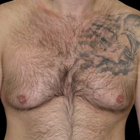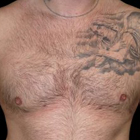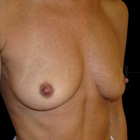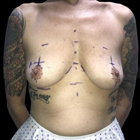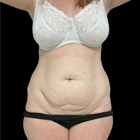The problems that overly large breasts can cause are varied; they range from the practical (finding clothes that fit well can be a nightmare) to the emotional (if people consistently talk to your chest rather than your face, self-consciousness is inevitable) and to the physical (bra strap grooves forming on your shoulders and, quite possibly, neck and back pain, too).
A breast reduction can alleviate these symptoms, making a significant difference to your wellbeing – but how will it affect how your breasts feel?
What happens during breast reduction surgery?
A breast reduction is performed while you are asleep under general anaesthesia and usually takes around two hours.
Berkshire-based cosmetic surgeon Mr Maisam Fazel will either make two circular incisions around your nipple or an incision encircling the nipple and extending down the breast and along the inframammary fold (known as an anchor incision).
From here, he can remove fat and glandular tissue and excess skin and close the incision to create a tauter, smaller breast.
Depending on the extent of the reduction, a ‘free nipple graft’ maybe required; this entails removing the nipple and areola and repositioning them higher on the breast.
What changes will there be to nipple sensitivity?
If you have a free nipple graft, you will, unfortunately, lose sensation as the nerves will have been severed during the transplanting process – but this technique is usually reserved for those patients who require a very significant breast reduction.
In most cases, sensitivity may be affected but is, on the whole, a temporary state and feeling returns over the course of a few months.
During your Berkshire breast reduction consultation, Mr Maisam Fazel will talk you through the potential side effects of the procedure, ensuring you have all the information needed to weigh up the pros and cons and make a decision about what is right for you.






